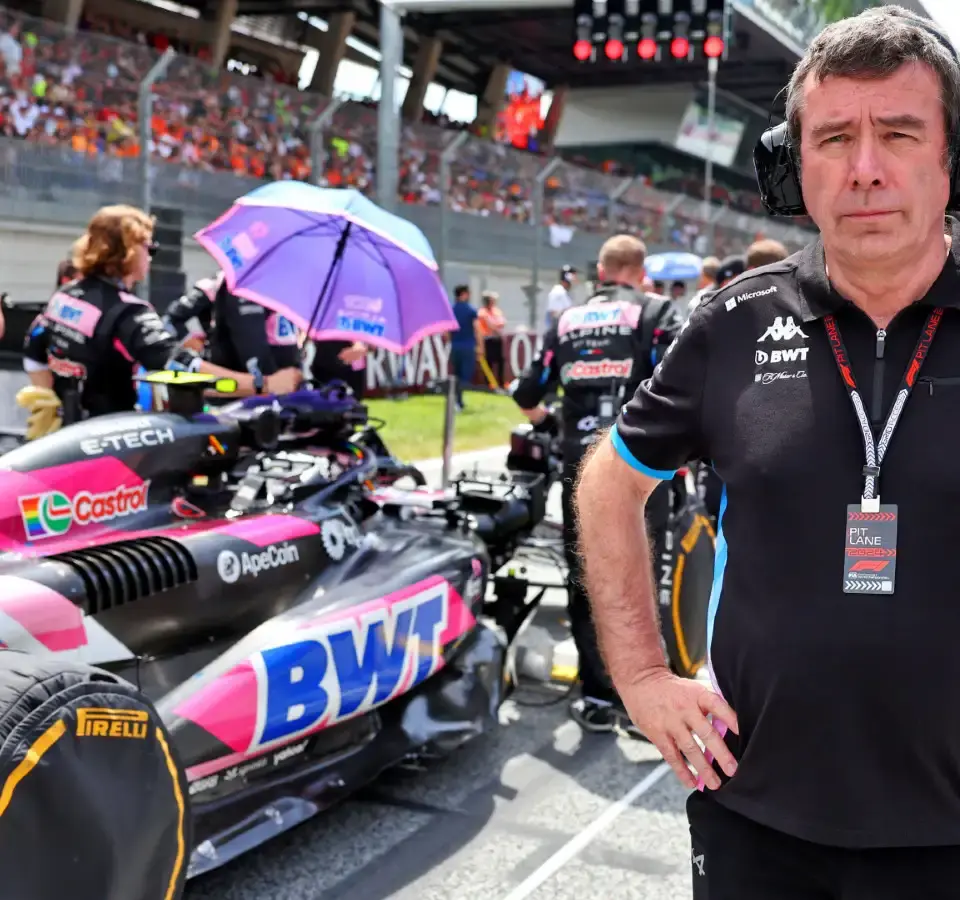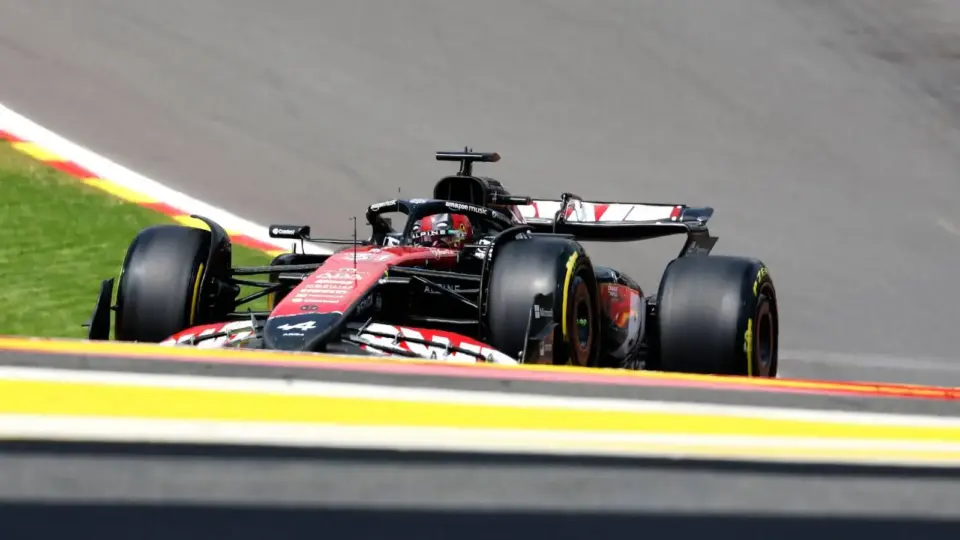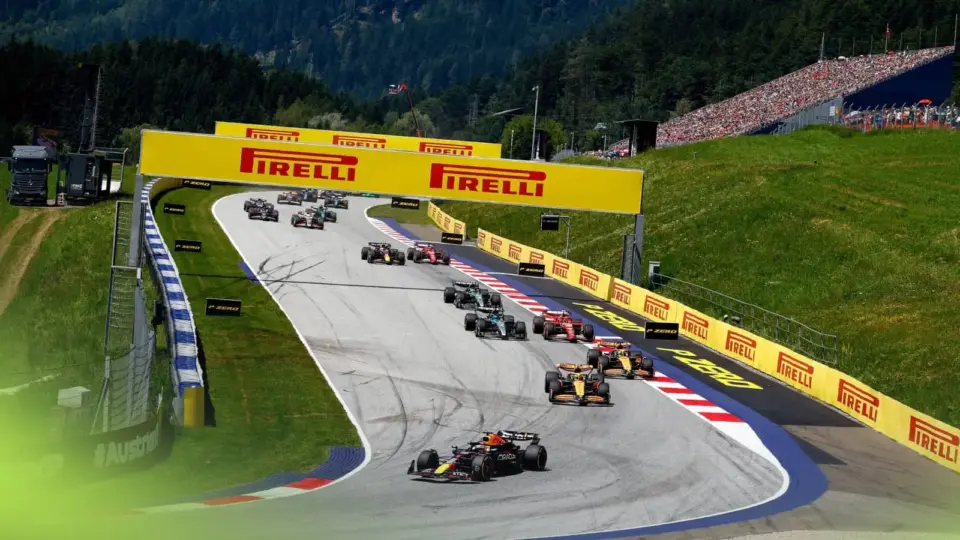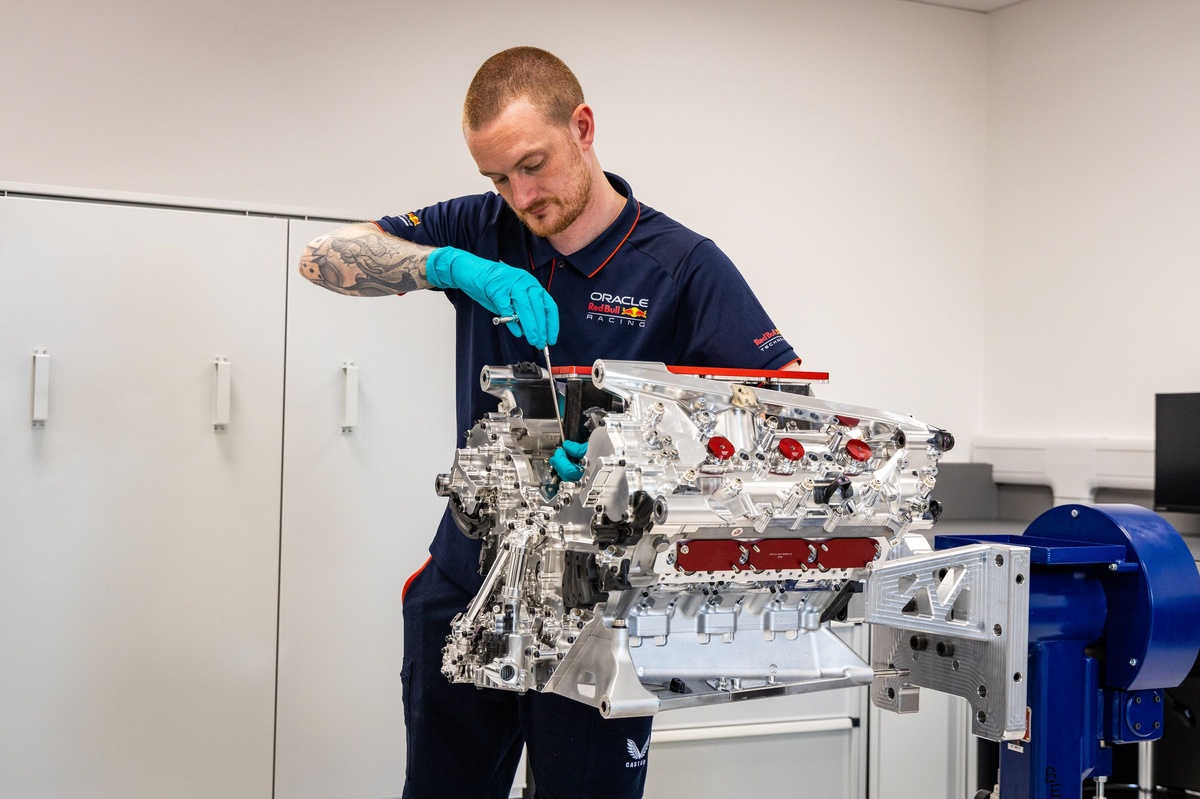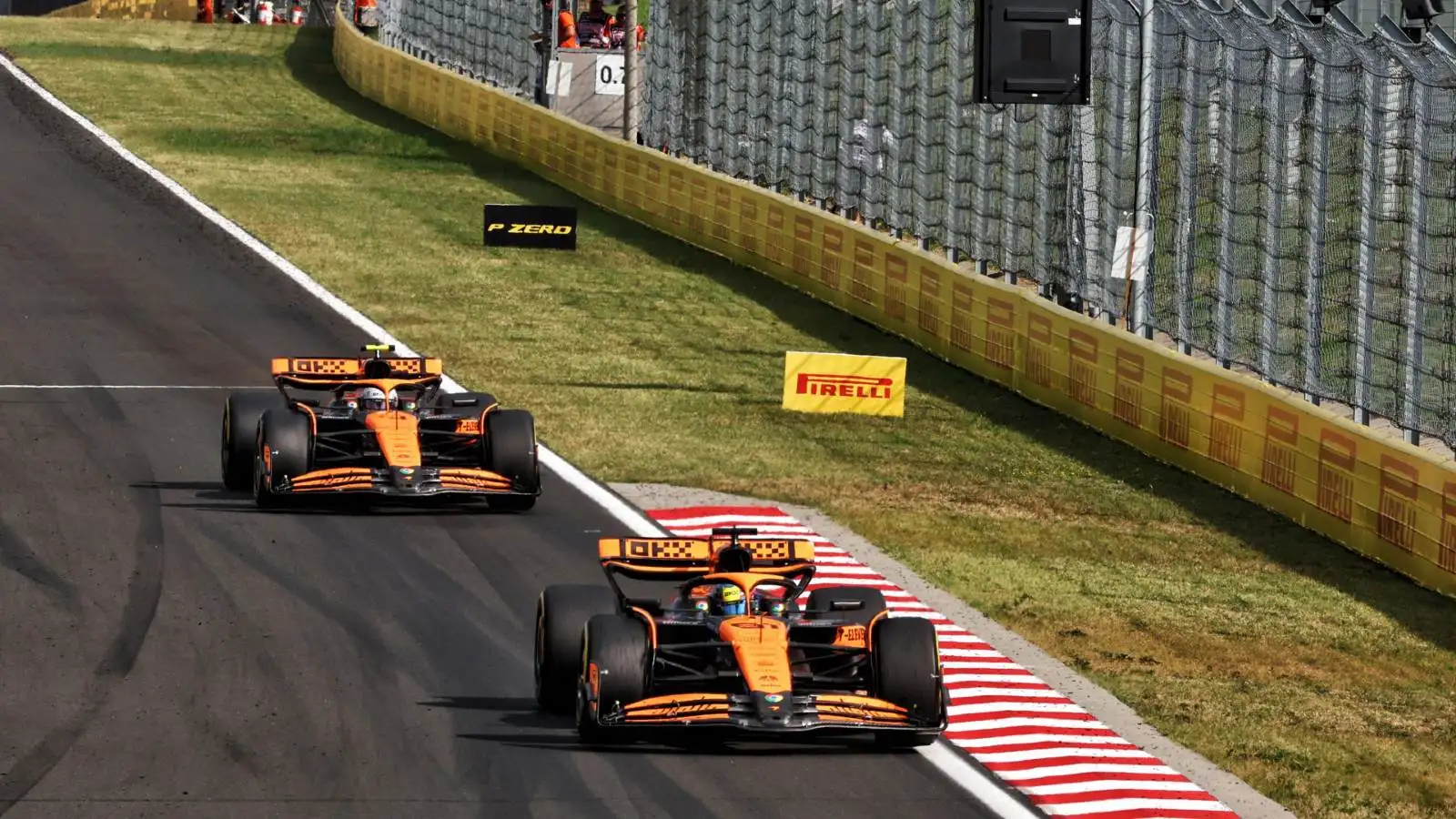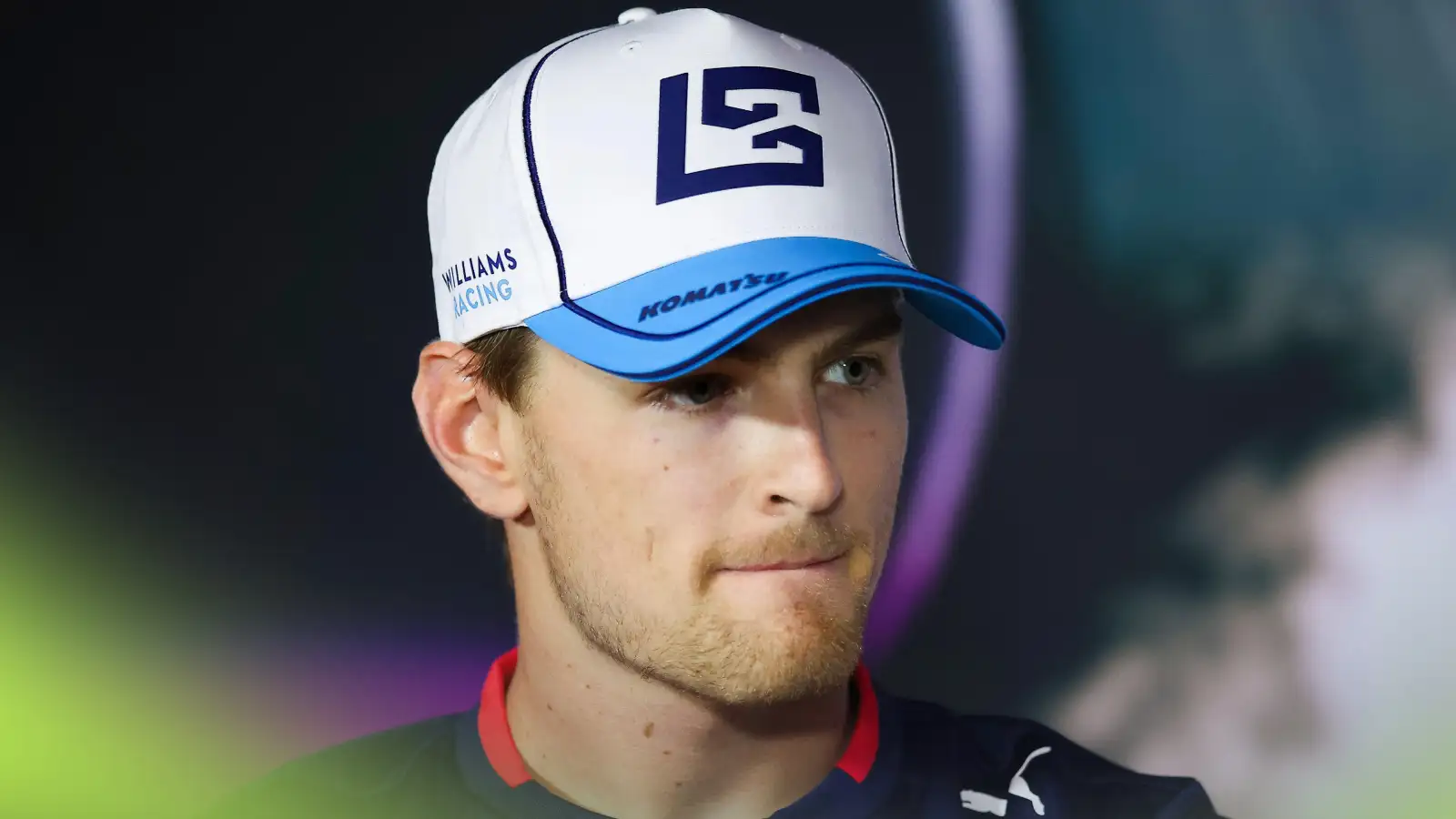Bruno Famin is stepping down as the Alpine F1 team boss, shifting his focus to boosting engine developments at Viry-Chatillon.
- Famin’s departure comes a year after he temporarily replaced Otmar Szafnauer as team principal.
- Alpine aims to stop developing its own F1 power units to focus on new tech for the Renault Group.
- Plans suggest Alpine F1 will use external power units starting in 2026, amid new regulations.
- Talks with potential suppliers are ongoing, yet no decisions are made due to internal processes.
Bruno Famin has announced his exit from the role of Alpine F1’s team boss, a position he took on an interim basis after the 2023 Belgian Grand Prix. His focus will now shift towards overseeing activities at Viry-Chatillon, where Alpine is determined to make significant strides in engine technology. This marks a strategic pivot for Alpine, which has not been at the top in terms of engine performance since 2014 but has shown notable improvement over the years.
Alpine has yet to publicize who will take over the team principal role, though reports suggest that Oliver Oakes, the founder of Hitech GP, is a strong contender. Famin expressed confidence in the ongoing projects at Viry, citing impressive figures from their power unit tests. He believes dedicating his efforts there will benefit the company more effectively, especially with the ambitious targets set for the 2026 engine.
Renault’s decision to cease internal F1 power unit development forms part of a broader strategy to reallocate resources towards the Alpine brand’s expansion. This includes developing seven new models equipped with high-end technology. Consequently, Alpine might transition to becoming a customer team, opting to buy engines for their F1 cars instead.
While this potential shift generates speculation around partnerships, including rumored dialogues with Mercedes, Alpine clarifies that any such agreements are contingent on detailed discussions and the conclusion of internal negotiations. Famin emphasized that no immediate changes will occur before 2026, aligning with the introduction of new F1 power unit regulations.
The transformation project at Viry-Chatillon requires careful navigation through France’s stringent social processes and union discussions. For now, Alpine continues exploring its options to secure power unit supplies that complement its strategic vision for the future.
Alpine’s strategic redirection in F1 marks a significant shift as Famin steps back to guide their ambitious engine projects.
